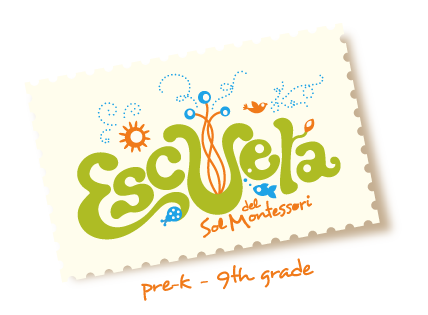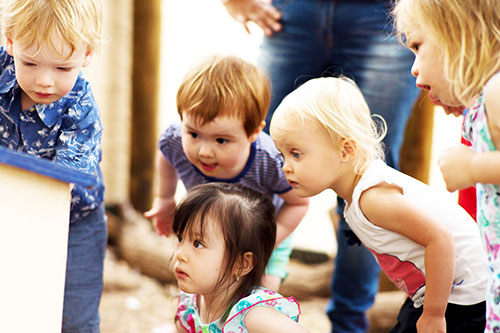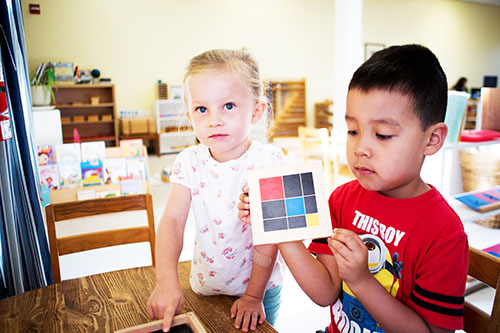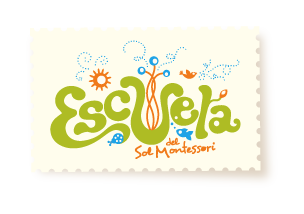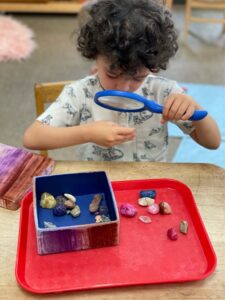 In conventional educational models, children often learn by receiving instruction or information from an adult, memorizing or repeating for a short time, and then showing the knowledge gained through some kind of assessment, such as a test. In Montessori classrooms, the model is slightly different. The adult’s role is to inspire the children and entice their intellect, to give them the tools to make their own discoveries, and to prepare a classroom environment set up to support exploration and learning. Dr. Maria Montessori described the adult’s role in the classroom as one of a guide rather than that of a lecturer; a person to spark the imagination and inspire learning. Dr. Montessori speaks of how the role of the teacher is to cast light upon areas of interest and then leave the child to their own discoveries.
In conventional educational models, children often learn by receiving instruction or information from an adult, memorizing or repeating for a short time, and then showing the knowledge gained through some kind of assessment, such as a test. In Montessori classrooms, the model is slightly different. The adult’s role is to inspire the children and entice their intellect, to give them the tools to make their own discoveries, and to prepare a classroom environment set up to support exploration and learning. Dr. Maria Montessori described the adult’s role in the classroom as one of a guide rather than that of a lecturer; a person to spark the imagination and inspire learning. Dr. Montessori speaks of how the role of the teacher is to cast light upon areas of interest and then leave the child to their own discoveries.
Children’s most profound learning comes through their independent work, as they explore information presented in lessons and show their knowledge in a wide variety of ways. This approach not only allows children to find joy and empowerment through discovery, but supports different kinds of learners as they express their knowledge in ways that are meaningful to them.
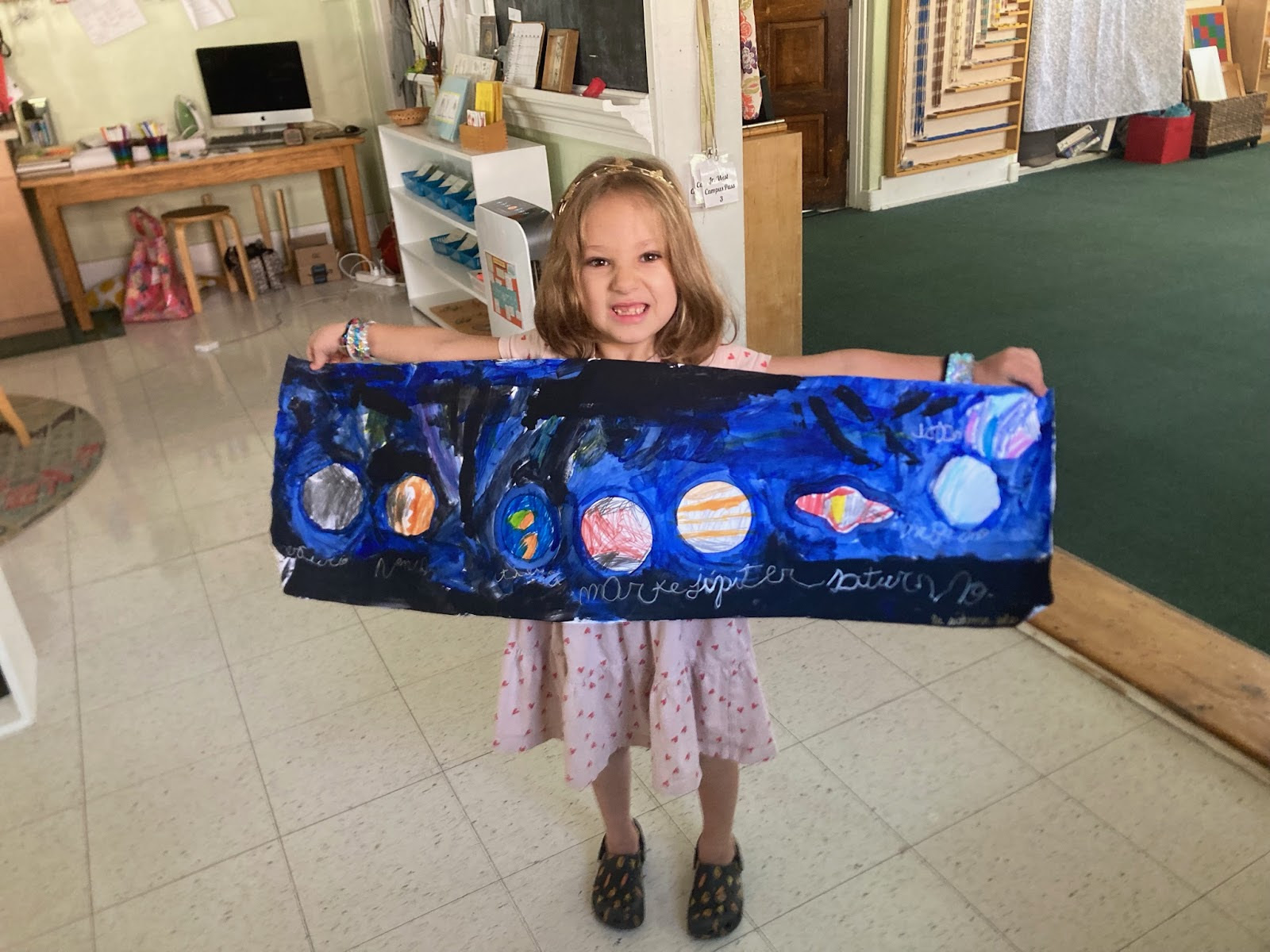
Because children are given the opportunities to work in this way, they often explore subjects more deeply, doing additional research and exploration after an initial introduction by the Guide. And as a result, the assessment of the child’s knowledge is often more thorough, enabling the teacher to better guide and individualize instruction. Each child is empowered to show the unique knowledge and skills they possess. As they share their work with peers and teachers, what they have gained becomes evident, especially to themselves!

